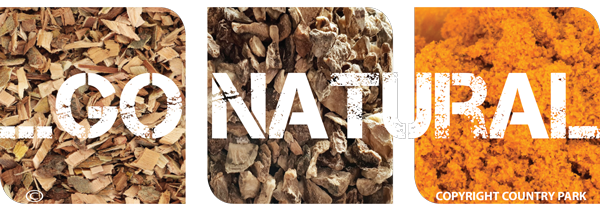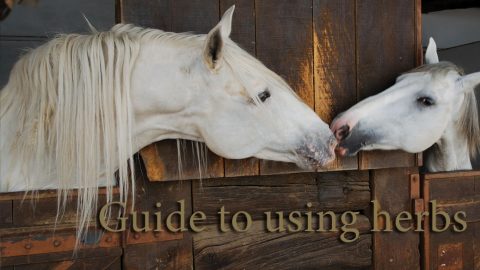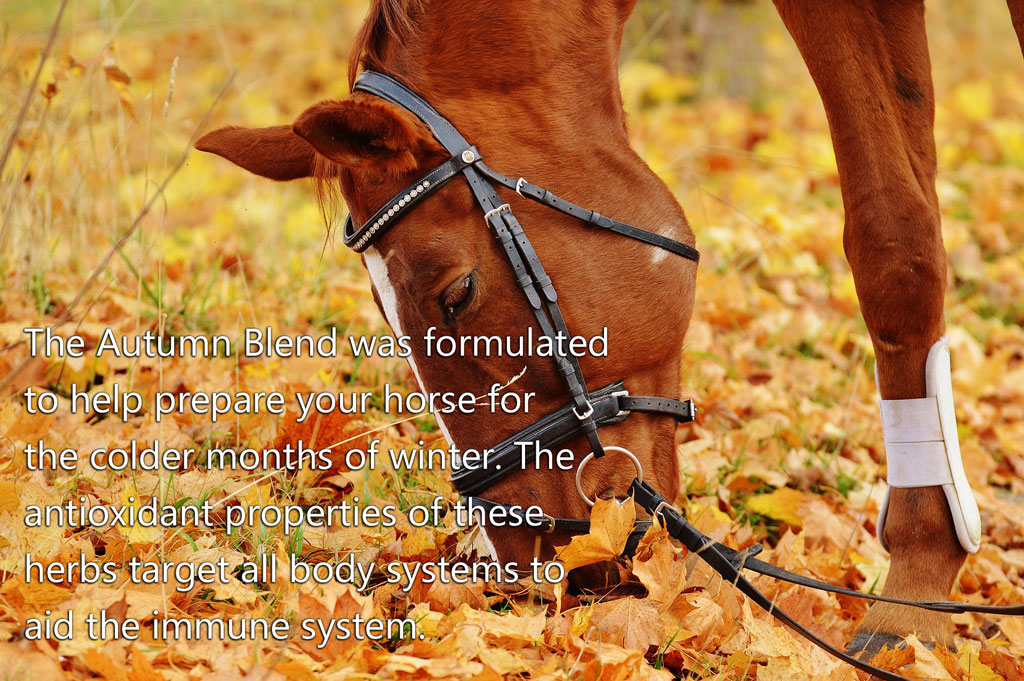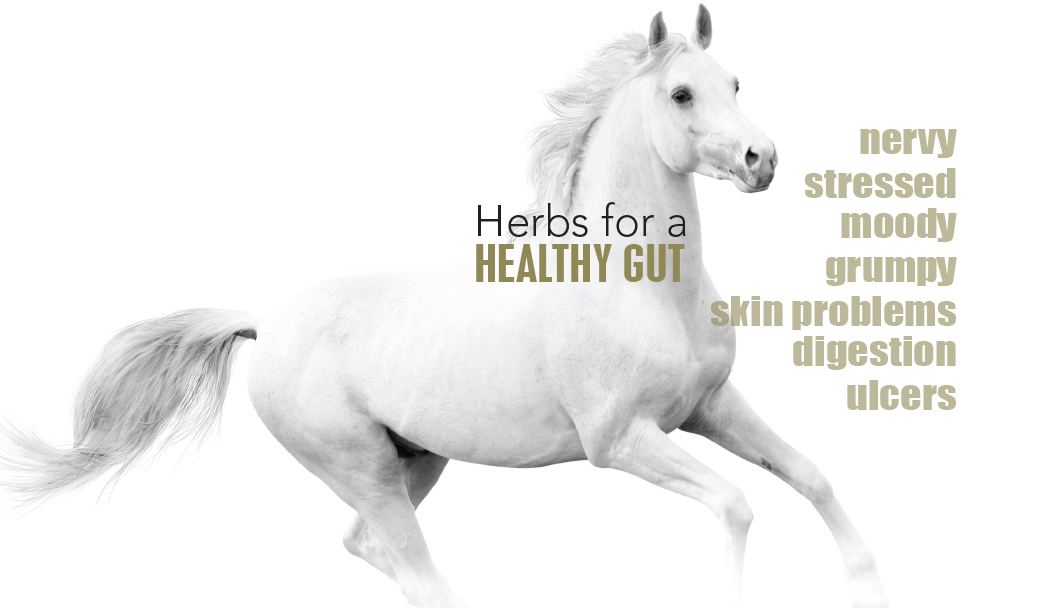Green-Lipped Mussel Powder
“Joint Armour” is a nutritional supplement only, to enhance health and wellbeing of your animals. Is known to assist with joint health support in horses and dogs, and may help to “lubricate” and allay the symptoms of sore and stiff joints. It works by supplying the body with the necessary building blocks to aid in the nutrition of cartilage, synovial fluid and connective tissue.
New Zealand Green-Lipped Mussel Powder has traditionally been used to support health and wellbeing of joints and is harvested from the clean waters of New Zealand’s Marlborough Sounds. For Green-Lipped Mussel powder to be potent, it’s important that it is harvested properly, immediately and expertly processed, without the use of heat application such as steaming the mussels open, which destroys the integrity of the valuable nutrients.
White Willow Bark
White willow bark is gentler on the gut when it comes to managing post inflammatory pain. It is useful for arthritic, musculoskeletal pain and urinary tract pain. If a horse is not suited to the use of devils claw, combining white willow bark with hawthorn berry can increase the analgesic action. It is also useful combined with marshmallow root for diarrhoea due to infection.
The main caution with white willow bark is not to use with lactating mares, as salicylates (a group of chemicals derived from salicylic acid) are excreted in the mare’s milk and hypersensitivity may occur. It is also another pain herb to avoid with inflamed or ulcerated gastrointestinal tracts.
 Devil’s Claw
Devil’s Claw
This herb is often used as a substitute for bute. The main caution with devils claw is not to give it with pharmaceutical analgesic as it can be antagonistic to drugs like bute, exaggerating the negative irritating properties of its own and that of bute. It is analgesic in its own actions and may not be the best choice if a weight bearing limb needs monitoring. My advice to clients if their vet recommends bute, is to use it in the first instance and if the inflammatory process is chronic (persisting for a long time or constantly recurring )work with the vet to transition to devils claw and then if needed follow on with a supportive combination of other herbs long term. Avoid devils claw with gastric ulcers to avoid irritating the gut. Short-term use of devils claw is best when dealing with the pain of laminitis or injury.
Turmeric
Turmeric has grown in popularity as an anti-inflammatory. It combines well with most herbs and can be used for arthritic pain and is useful with various gut discomfort issues caused by inflammation. Any long term chronic condition including allergies or systemic pain will usually benefit from turmeric in a mix of tonic herbs.
If your horse has been on bute and you are concerned there is irritation to the gut from this, turmeric is a useful herb to use in the herbal stage of managing recovery with a herb that relieves inflammation. The liver detoxifies in two processes, and if you combine turmeric with another liver herb after long term bute use, it helps the liver in the second phase of elimination to remove the toxins the first liver herb addressed, so that any residual bute in the system is not recirculated unnecessarily.








